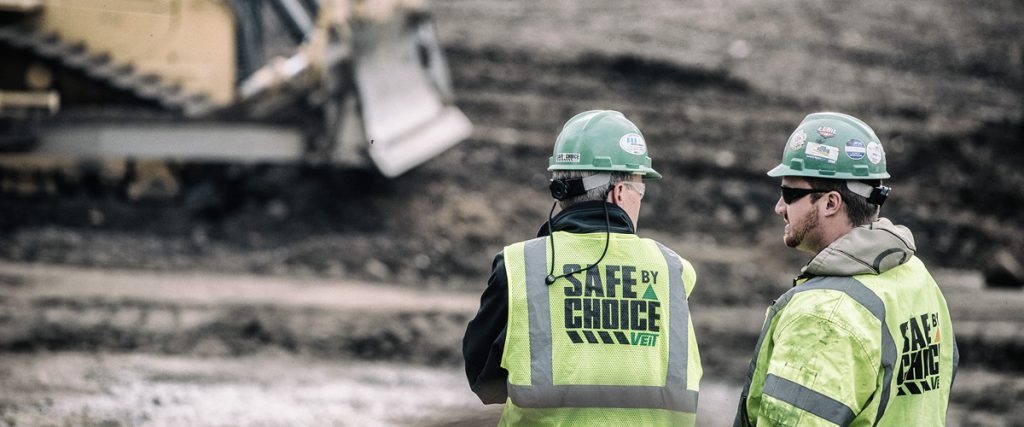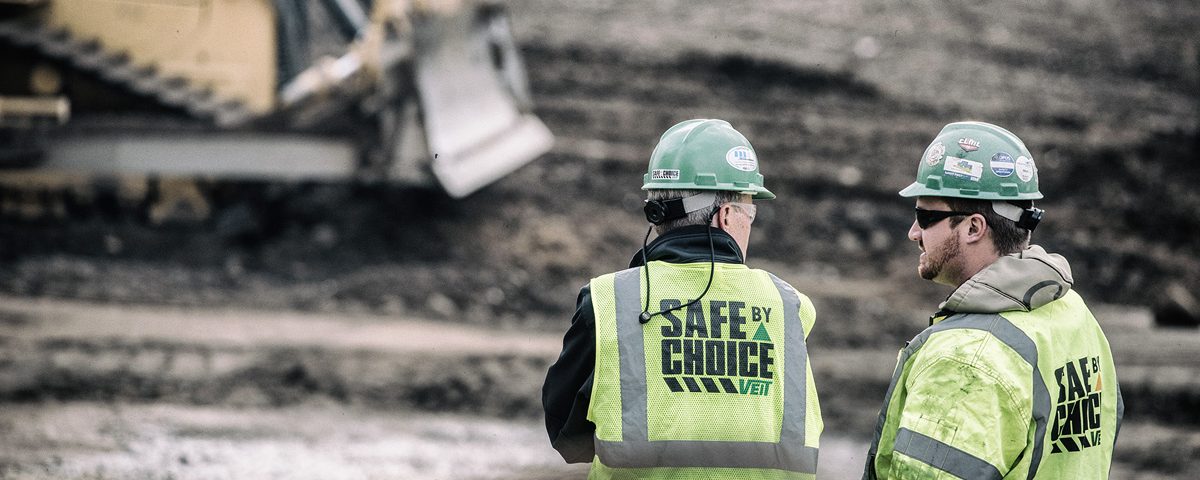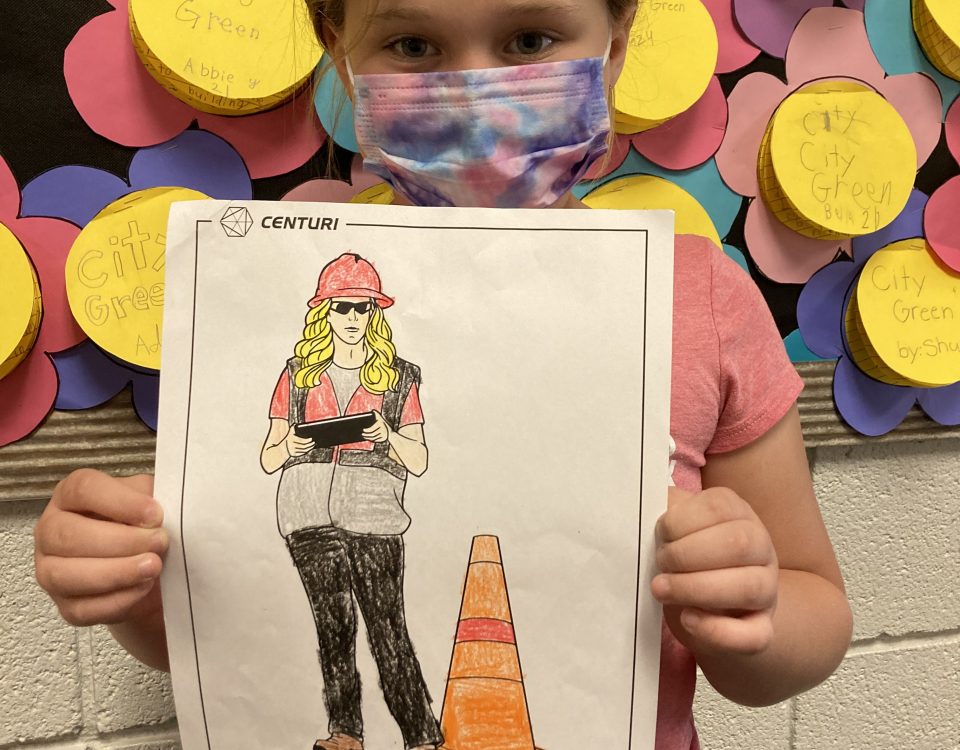- Professional Construction Software Solutions
- 480-705-4241
The Most Revolutionary New Construction Technologies

Bluebeam Tips: Compare Documents and Overlay Pages
August 23, 2016
Bluebeam Tip: Legends Count for Multiple Pages
September 23, 2016
What are the new Construction Technologies that you need to stay competitive? With all the new FAA rules recently announced and the flood of technologies pouring into the construction industry, I’m happy to share this guest post written by Jason Hurdis, Sr. Market Professional, Caterpillar Inc. and Tim Crane, General Manager Safety Services, Caterpillar Inc.
The construction industry has transformed drastically over the past 20 years. Smartphone apps have enabled real-time information exchange; armloads of files and blueprints are being replaced by a few taps on a tablet. Technology is changing almost every aspect of the industry, and companies that refuse to adapt and implement it risk being outdone by tech-savvy competitors.
One of the biggest fears construction company owners face when considering implementing new technologies is understanding what they do and how to use them effectively. Below are snapshots of some of the newest and most innovative construction technologies available to the industry:
1. UAV Technology
Unmanned aerial vehicles or UAVs are a hot technology in several industries today because of all the different business use cases they can provide. In the construction industry, companies are sending camera-equipped UAVs into the air to take dozens — if not hundreds or thousands — of images. The pictures, which are linked to GPS data, can be stitched together with special software, transforming them into a 2-D or 3-D site model. The model can be used to:
• Assess progress on a project — daily, weekly or at some other regular interval
• Locate specific areas where work is falling behind schedule
• Measure stockpile volume
• Determine the amount of overburden that needs to be removed from an area
• Monitor width and slope of haul roads
• Analyze quarry faces and berms
• Inspect hazardous areas
• Confirm that employees are wearing protective gear and working safely
• Get a high-level view of operator technique, load-zone placement, tire rotation and other factors that affect efficiency
• Show clients work in progress
• Create images for marketing presentations and materials
These tasks and many others can be done quickly, accurately and economically with UAV systems — assuming you have access to the right technology, analytics and expertise. Caterpillar has a small team of UAV experts whose sole focus is determining how the technology can be used to improve site safety, efficiency and profitability.
Companies that are considering taking advantage of UAV technology need to be aware of the laws governing the commercial use of UAVs because they are different depending on where you do business. The United States has the tightest federal regulations in regard to UAVs, with new laws slated for 2016. We think UAVs are going to take off in the construction and aggregates sectors over the next few months and years. As this technology evolves, you’ll be able to combine machine data from your telematics systems with geo-spatial data from UAVs, giving you the power to take site efficiency to all-new levels.
2. GRADE with Assist
Grading technology helps make excavators, dozers and motor graders more efficient because it allows operators to get to grade faster with less effort. Caterpillar’s precision grading system, Cat® GRADE, part of Cat Connect technology, can help both new and experienced machine operators deliver dramatic improvements in grading efficiency over a wide range of applications. GRADE with Assist, which adds automated grading sequences, is featured on Cat Excavators, is the most advanced worksite technology available. Among the benefits grading technology can provide:
• Keeping people off the ground and out of trenches
• Reducing the cost of staking and grade checking
• Cutting grading time by up to 45%
• Conserving fuel and materials when you finish in fewer passes
• Saving time and costs related to rework
• Helping less experienced operators work like pros
Grading technology, like Cat GRADE, enhances jobsite safety, improves reliability and adds to the machine’s value, both on the job and at resale. Just to show some real-life examples, below are 10 things you can do faster and more efficiently with grading technology:
1. Dig a basement
2. Build a detention pond
3. Put in a sewer line
4. Dig foundation footings
5. Cut a drainage ditch
6. Prep a commercial site pad
7. Build an access road
8. Install underground utilities
9. Slope an embankment
10. Construct a retaining wall
3. Workplace Safety Technology
Several new technologies have become available to safeguard worksites and better manage risk. One of the most common accidents in the construction industry is being struck by or trapped by equipment or vehicles. Blind spots and backing up accidents account for between 25 and 50 percent of the total. One in 10 construction workers are injured every year, so worksite safety is paramount. Here are some of the newest worksite safety technologies that can help prevent injuries:
• Object Detection technologies
o Complete object detection systems include back-up cameras and pulsed-radar object detection. Cameras give operators a view of what is typically their biggest blind spot, and radar identifies objects and people hidden from the operator’s view and sounds an alarm.
• Fatigue Detection technologies
o A camera installed in the cab that monitors pupil size, blinking and how long eyes stay shut determines fatigue detection. If the system senses the operator is falling asleep, an alarm sounds and the seat vibrates.
• “Smart” wearables
o Safety gear with Radio Frequency Identification (RFID), sensors and bio-monitors has all hit the market within the last several years. The
most common are RFID systems that alert workers and equipment
operators when they are both moving through a work zone.
As it becomes more evident that technological innovations will shape the future of the construction industry, it’s up to you to determine if your company is going to embrace these new construction technologies or be left behind. We here at Caterpillar encourage you to re-think the process of using, managing and owning heavy equipment by incorporating these new technologies to help make your equipment more productive and efficient, and your business more profitable.
Thanks again Caterpillar for this article. What new construction technologies are you planning to implement at your firm? How will it integrate with your existing systems and automate or enhance your workflows? Which of these safety technologies hold the most promise? Please share your thoughts in the comments.


